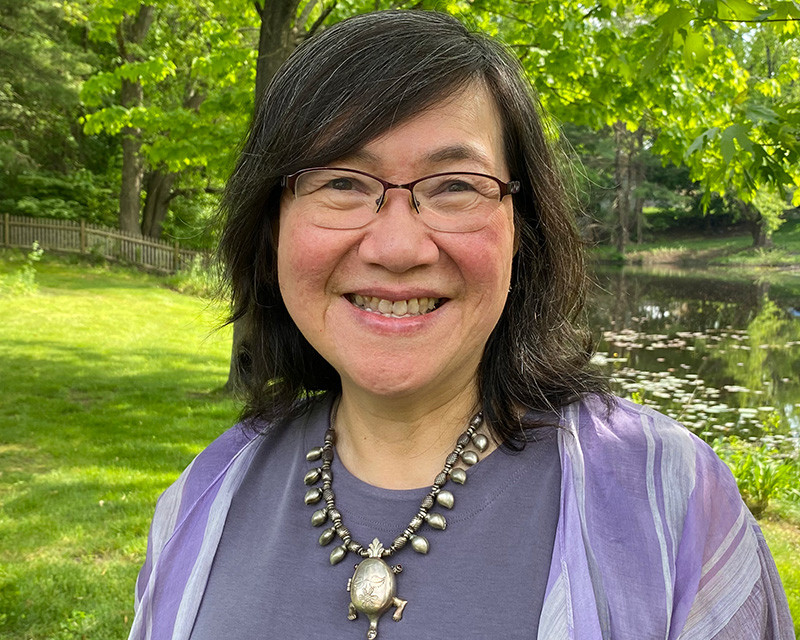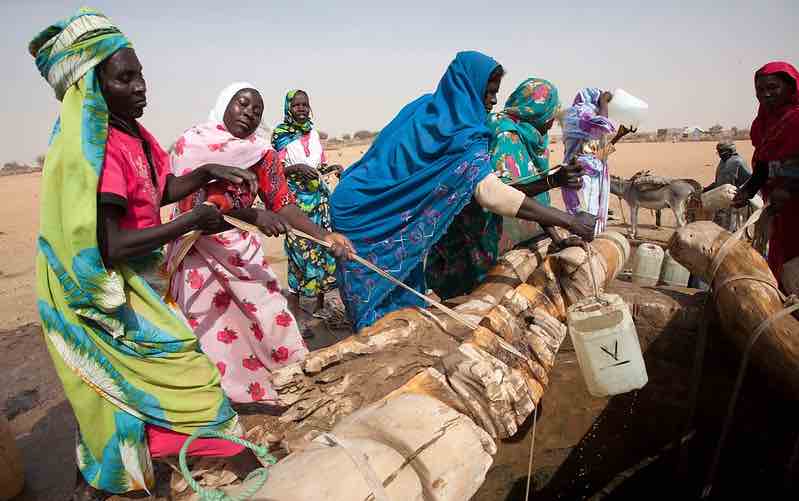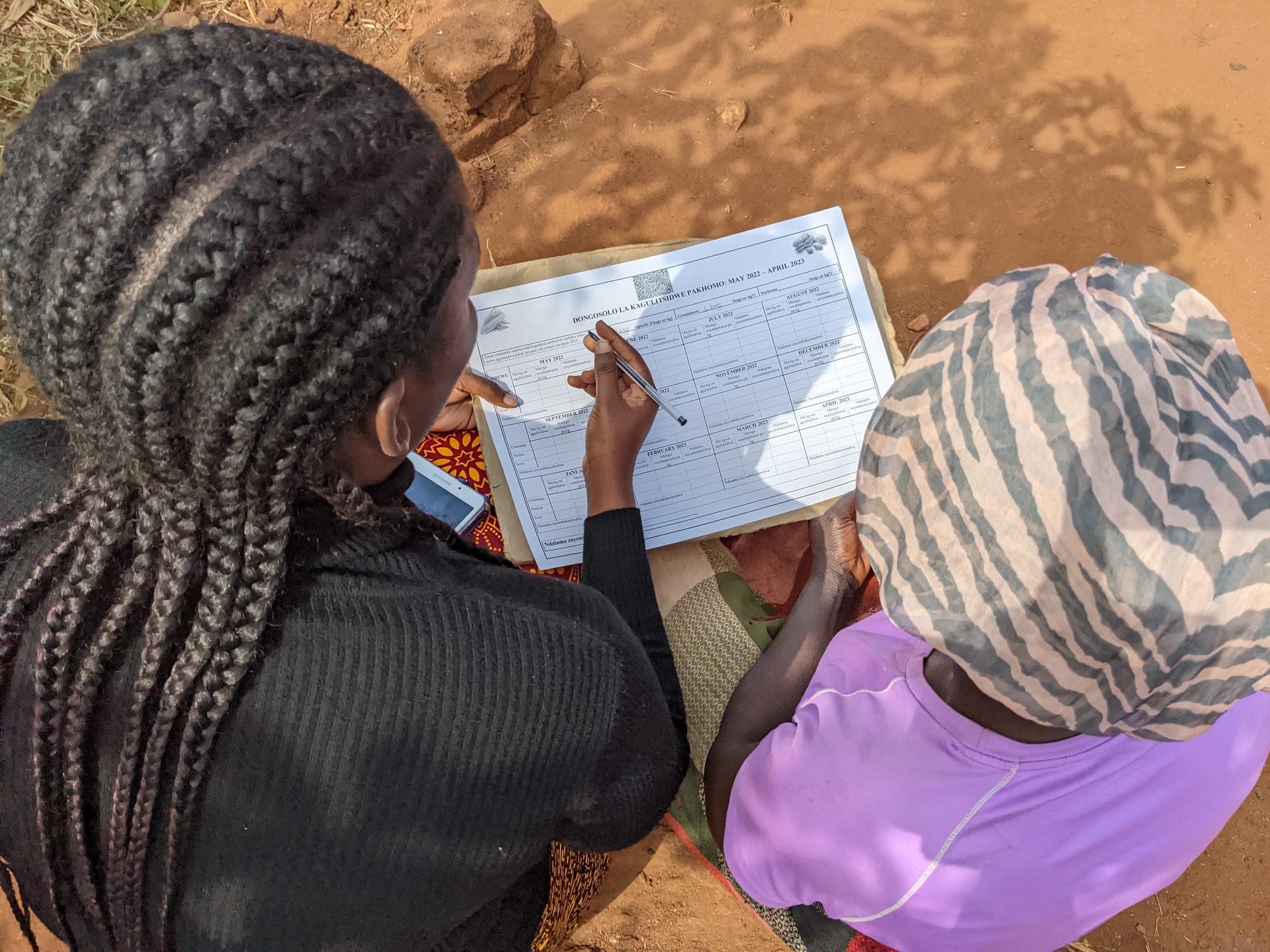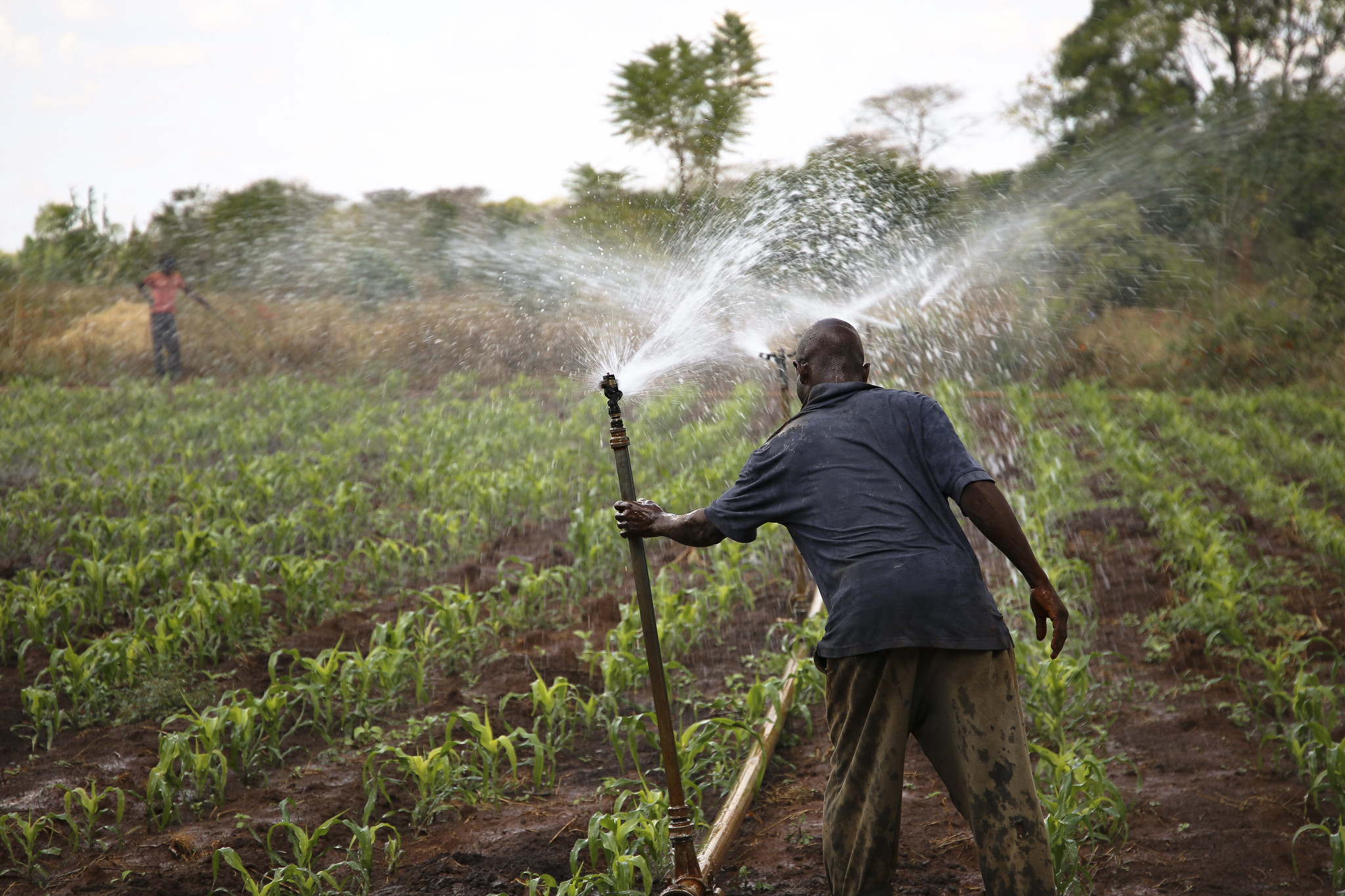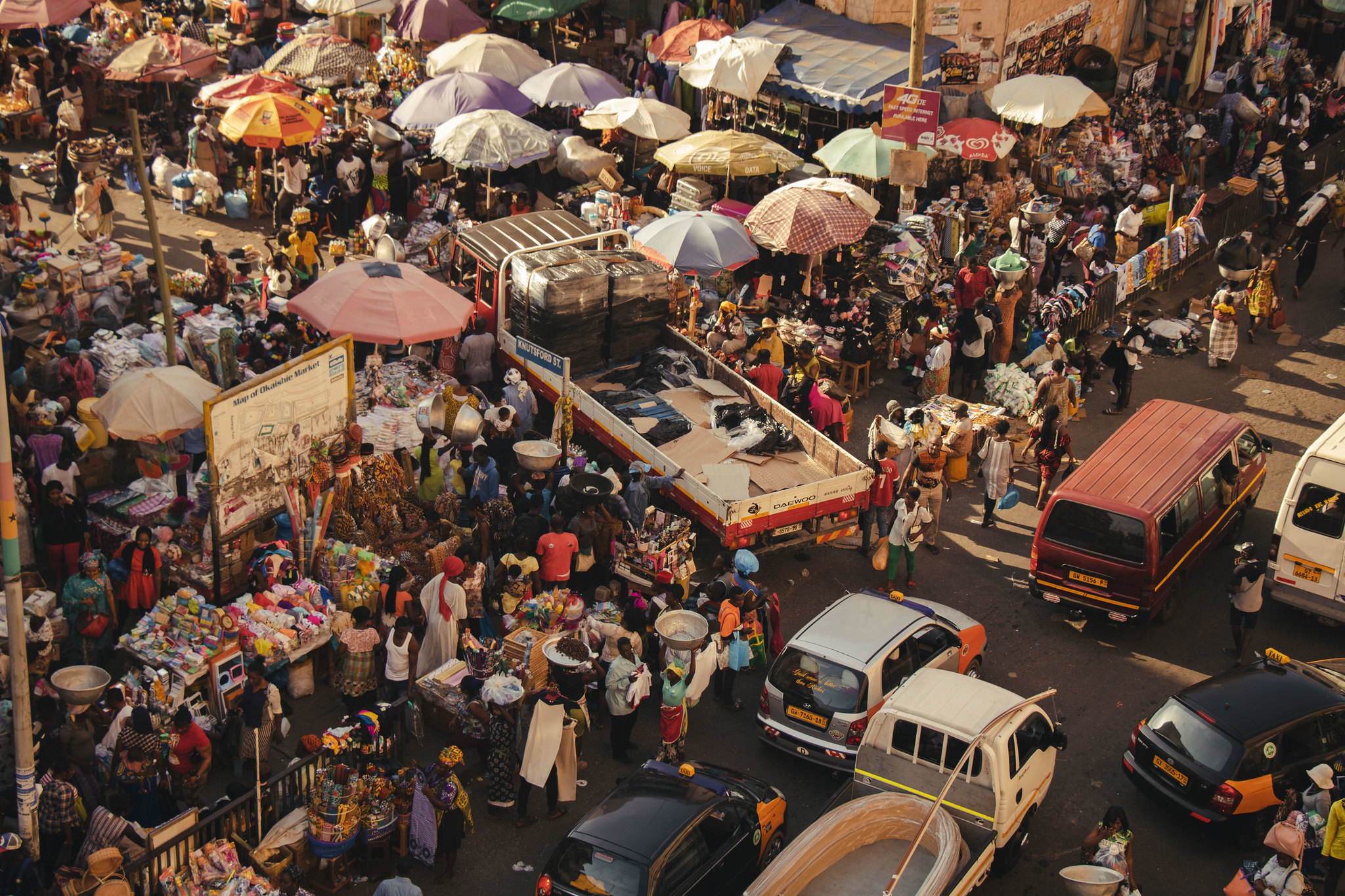The theme of this year’s World Water Day (March 22), “Water for Peace,” could not come at a more opportune time. Global water, food, and humanitarian crises have reached near-unprecedented levels: As a 2023 conference of the Pontifical Academy of Sciences concluded, “The world is facing the highest number of violent conflicts since the Second World War. These conflicts are major triggers of humanitarian and food crises, reducing access to production factors, social safety nets and trade, and causing forced displacement.”
More on World Water Day 2024 from IFPRI’s Claudia Ringler.
Humanitarian crises are forcing hundreds of millions of people around the world to live in conditions without dignity. Currently, more than 100 million people are forcibly displaced, while 850 million face medium or high-intensity conflicts and food and water insecurity. Many lack access to basic sanitation and clean water for drinking and other household purposes, and many face hunger.
More broadly, 2.2 billion people globally lack access to clean, safe drinking water; while 3.5 billion lack access to safely managed sanitation services; 3.4 million people die each year from scarce or contaminated water sources.
Because water is essential to life, the lack of water is a crisis multiplier—an underlying factor contributing to and compounding conflict and humanitarian crises. But this also means that improving water management can reduce the potential for conflict—and when conflict occurs, help to ease its impacts.
Gender inequities increase with humanitarian crises
Women and girls are disproportionately affected by these challenges: Harmful social norms contribute to existing gender inequalities in access to productive resources and services and in agency. These problems put women and girls at a higher risk of hunger and malnutrition in food and humanitarian crises.
In refugee camps, for example, women face deprivations of privacy and dignity in accessing sanitation facilities. The daily need to collect water for drinking and other uses deprives women of possible income earning opportunities. It may also put them at risk of rape and other forms of violence. During conflicts and crises, girls are more likely to be withdrawn from school than boys, which is also linked to increases in gender-based violence.
Moreover, many programs addressing the economic impacts of humanitarian crises (e.g., e-wallets, fertilizer subsidies, irrigation technologies) are more likely to reach men—further increasing inequities. The conflict-related erosion of women’s incomes, savings, and assets in turn makes it harder to access water for productive and reproductive uses—which can cement gender inequities. To jointly improve peace and water security, it pays to invest in women.
Strengthening women’s agency is essential for crisis prevention and improved water and food security
Ample evidence shows the peace dividend when women hold political leadership positions. Women’s equal participation in decision-making across all levels of government is linked to increased spending on welfare as compared to the military, to increased action on women’s needs, and to reduced risk of violent conflict. When women’s voices are formally represented in crisis planning and response, programs are likely to be more equitable and effective when crises occur.
A study of water management in Kenya suggests the importance of investing in women for water management for food security. It showed that women-only groups were strong on participatory practices, while men-only groups were strong on setting rules—and mixed groups supported community-wide actions. A review of 121 rural water supply projects concluded that women’s participation strongly enhanced project effectiveness and sustainability and that failure to include them led to failed projects. Another study in Kenya noted that women’s support of conflict resolution over water issues was valued informally, but that social norms prevented this from being formalized.
Supporting women’s groups and networks reduces crisis impacts
When humanitarian crises strike, existing social networks and women’s groups are essential to directing water and other resources to women and girls. As an example, in the aftermath of the 2004 tsunami in Sri Lanka, women’s groups responded quickly to reports of violence against women in shelters and camps for people displaced by the disaster. They mobilized funds and distributed items overlooked by relief agencies, such as underwear and sanitary towels, and successfully lobbied for adequate lighting and covered bathrooms to increase women’s safety, while calling for women’s representation in camp management.
Providing information and financial tools to women
Women, who are often left behind in rural areas during conflicts and other crises, need more and better information on their economic options—such as how to more easily access financial resources. This includes supporting women in the management of irrigation and water resources, with important benefits for food security and nutrition. In Ghana, PEG Africa (now BBOXX), a solar products financier, has worked with the Innovation Lab for Small Scale Irrigation to develop financial instruments to increase women farmers’ access to solar irrigation pumps. This included training on financial documentation aimed at building creditworthiness of potential women clients, ranking women borrowers higher on the company’s credit scorecard because of their better loan repayment rates, and offering non-collateralized pump loans and repayment schedules that aligned with women’s income generation.
Sex-disaggregated data is key to support investing in women for water security
To succeed, such gender-responsive approaches require data broken down by sex that are timely, accessible, and localized. They also require supporting an enabling environment and breaking down social norms that reduce women’s agency in water management. Without relevant data and supportive policies, it becomes difficult to avoid gender-blind investments that can worsen crisis responses—or worse, lead to even more conflict.
Investing in women for water security offers a clear pathway to advance efforts for peace.
Claudia Ringler is Director of IFPRI’s Natural Resources and Resilience Unit and co-lead of the CGIAR NEXUS Gains Initiative.

